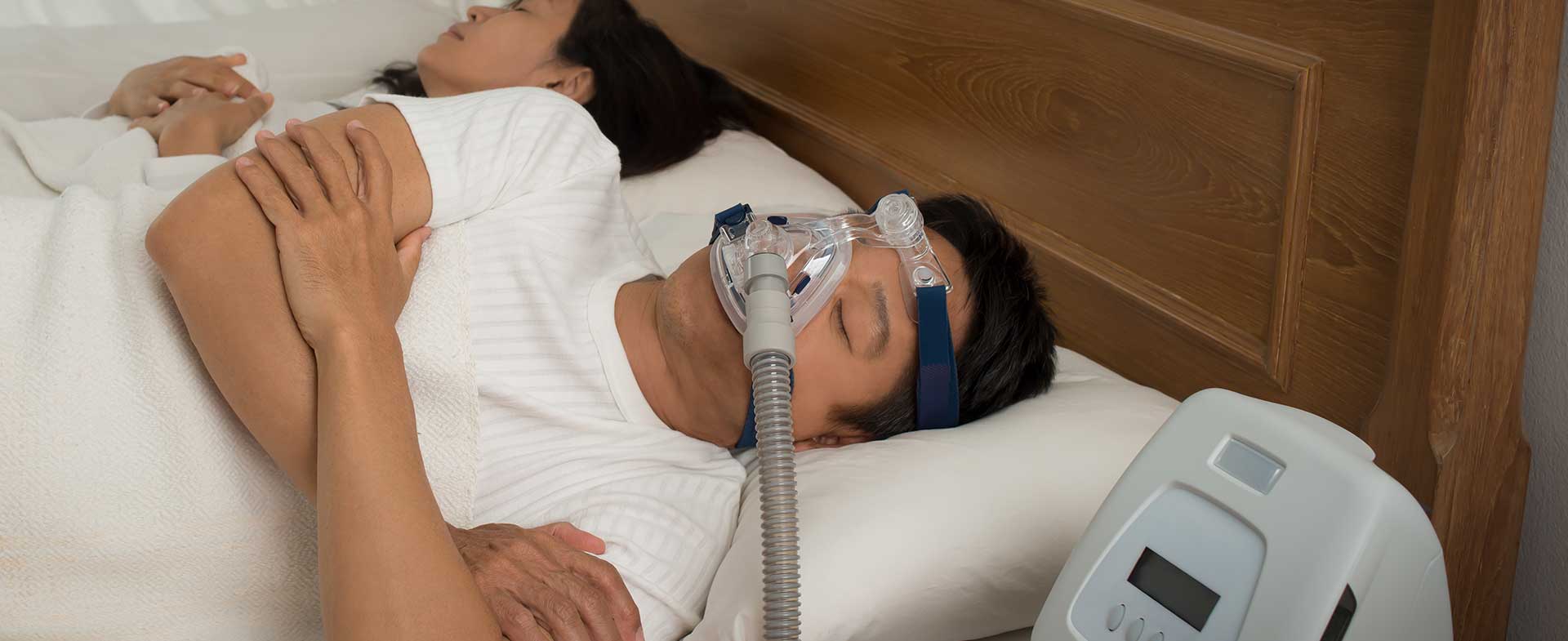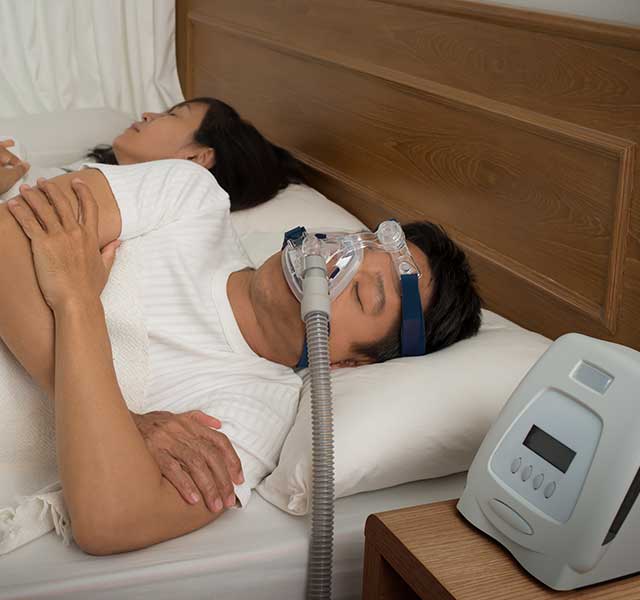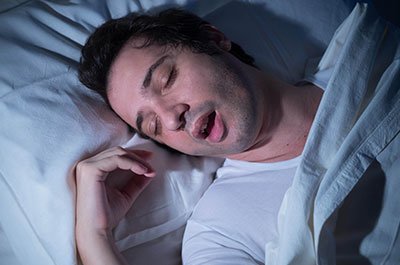Sleep apnea occurs when your airway closes as you sleep and obstructs breathing. “Left untreated, sleep apnea can lead to poor sleep quality and daytime fatigue. It also can worsen blood pressure control, cause generalized inflammation, and increase the risk of heart disease and stroke,” says Deborah Hochberg, NP, a nurse practitioner at Henry Ford Health.
If you have obstructive sleep apnea, your doctor may recommend continuous positive airway pressure (CPAP). With CPAP, you wear a mask attached to a machine that provides constant air pressure to keep your airway open while you sleep.
How To Avoid Common Problems With CPAP
People sometimes find it difficult to get comfortable and fall asleep when they start using CPAP. But it’s important to find ways to adjust. Here, Hochberg shares advice on ways to avoid common problems with CPAP and get a good night’s sleep.
Choose a CPAP mask that fits your needs
Technology for CPAP is always improving, offering an increasing variety of mask shapes and sizes. You can choose from full-face masks that cover your mouth and nose or nasal masks that cover just your nose. If you can breathe well through your nose, a nasal mask is a good choice. A full-face mask may be a better option if you have frequent nasal congestion.
“Your doctor can help you select a mask that fits your needs and face shape. When you first get the mask, try wearing it for short periods during the day to get used to it,” says Hochberg. “Sometimes a different mask can help if you have difficulty sleeping.”
Prevent nasal and mouth dryness
Nasal and mouth dryness are common problems for people using a CPAP machine. You can prevent dryness by taking these steps before bedtime:

Managing Sleep Apnea
- Increase the humidity setting on your CPAP to add more moisture to the air
- Use a room humidifier
- Apply a nasal gel to moisturize your nostrils
- Use a mouthwash designed to reduce dry mouth, like Biotene®
Get comfortable with good sleep habits
When using a CPAP, Hochberg suggests trying a CPAP pillow, which provides a space for the mask if you sleep on your side or stomach. These pillows have a cut out area to accommodate your mask.
In the past, CPAP machines were louder, making it harder for users and their partners to fall asleep. New machines are quiet. You can also take additional steps to boost the quality of your sleep with these habits:
- Stick to a daily sleep schedule where you’re getting seven to eight hours of sleep each night.
- Avoid alcohol and caffeine, which can interfere with your ability to fall and stay asleep.
- Turn off electronics an hour before you go to sleep.
- Sleep in a quiet dark room with a comfortable temperature.
“Potential benefits of CPAP use include improved energy and focus during the day while minimizing other health risks. Don’t hesitate to contact your healthcare team if you have any difficulties. They can adjust equipment and discuss treatments that can be used as an alternative to CPAP,” says Hochberg.
Reviewed by Deborah Hochberg, NP, a nurse practitioner who sees patients at Henry Ford Medical Centers in Royal Oak and Sterling Heights.



